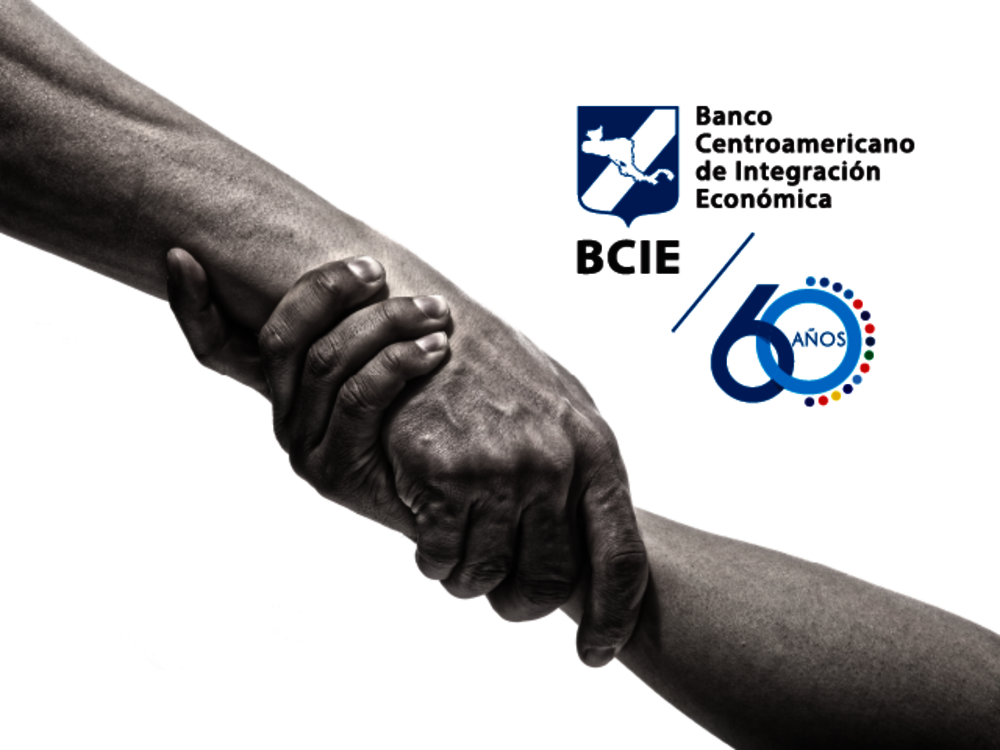CABEI provides US$8 million donation in the face of health emergency in the region

This is the largest non-reimbursable financial cooperation that CABEI has approved in its 60-year history.
Tegucigalpa, March 16, 2020.- The Central American Bank for Economic Integration (CABEI), granted a non-reimbursable financial cooperation in the amount of up to US$8,000,000.00 million. The donation will be distributed as follows: US$1,000,000.00 for each of the eight countries of the Central American Integration System, which include Guatemala, El Salvador, Honduras, Nicaragua, Costa Rica, Panama, Belize and the Dominican Republic, to attend the health emergency in the face of the coronavirus pandemic.
The use of these resources will be carried out in accordance with CABEI norms and will be subject to the corresponding transparency and accountability regulations.
CABEI Executive President, Dr. Dante Mossi, stated that, “During its 60 years, CABEI has always been involved in attending the emergencies and difficulties faced by the countries of the region. Due to the current international situation and with the objective of meeting the most important needs of its member countries, the Bank has considered granting financial assistance to detect, isolate, and treat cases in order to prevent the transmission of the infection. The Bank is committed to providing support to the countries of the region; this is the largest non-reimbursable financial cooperation that CABEI has approved in its 60-year history.”
He also commented that, "Additionally, efforts are being made to establish a Fund for the SICA countries that allows strengthening their economic and social activity by means of financial resources."
The cooperation resources may be used for any of the following purposes:
- Purchase of medicines and medical supplies to attend any health emergency that occurs in the countries.
- Purchase of food, potable water and other primary use goods required by affected people.
- Financing of campaigns and actions related to emergency care and the affected population.
- Financing to attend the disease preparation and response plans; financing to strengthen surveillance, prepare health services, prevent the spread and maintain essential services.
- Others that are required for emergency care and the affected population, with due justification.
This initiative is consistent with the objective of promoting integration and providing relief to the economies of the region.



